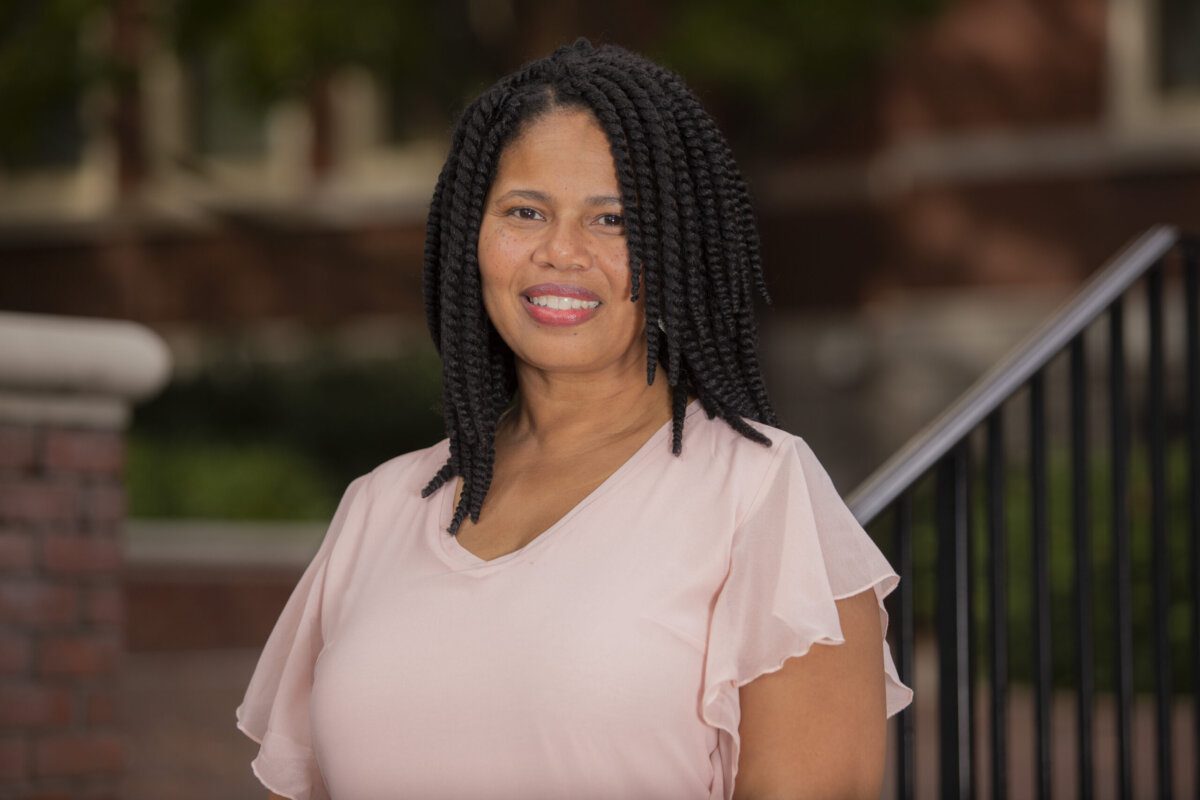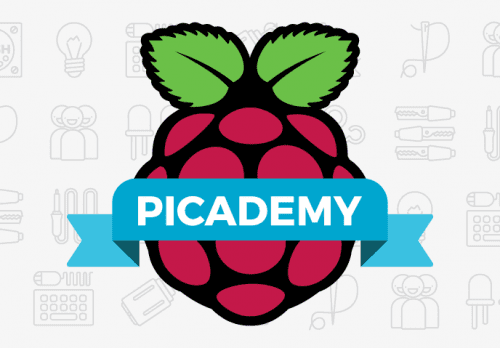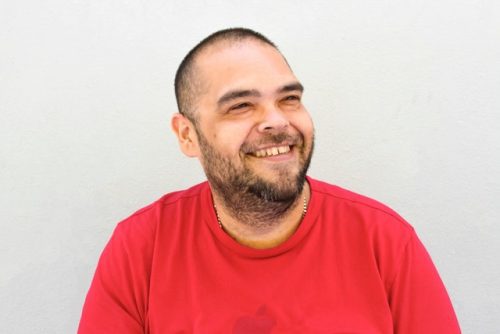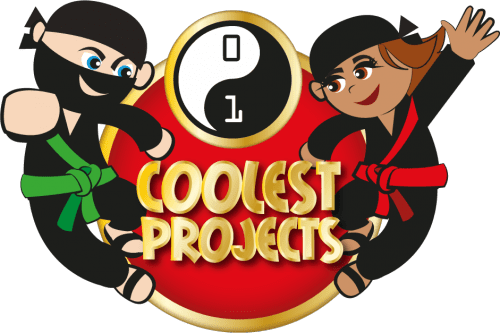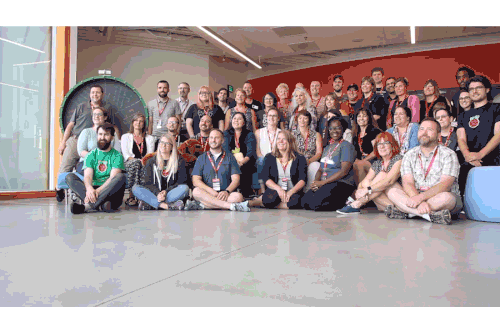Schlagwort: Picademy USA
-

New Picademy North America dates for 2019
Reading Time: 2 minutesHooray, Picademy is back! We’re excited to bring our free computer science and digital making professional development program for educators to three new cities this summer: Picademy 2019 dates We’re thrilled to kick off our 2019 season, partnering with three new venues: we’ll be at Computer History Museum in the Bay Area…
-

From inspiration to innovation: Hands-On Coding blocks
Reading Time: 5 minutesMarcos Navas is a Union City Technology Facilitator with Union City school district in New Jersey and an active member of the maker, STEM, and coding communities. He was part of the first cohort of Raspberry Pi Certified Educators in the United States. Recently, he completed a fellowship with IDEO’s Teachers Guild…
-

Coolest Projects: it’s for the whole family!
Reading Time: 4 minutesWherever in the world I meet members of the Raspberry Pi community, I am always amazed by their enthusiasm for learning and making. And I often meet families that are enjoying computing together: kids who have introduced their parents to something that’s a whole new world for them, adults who are sharing…
-

2018 Picademy dates in the United States
Reading Time: 3 minutesCue the lights! Cue the music! Picademy is back for another year stateside. We’re excited to bring our free computer science and digital making professional development program for educators to four new cities this summer — you can apply right now. We’re thrilled to kick off our 2018 season! Before we get…
